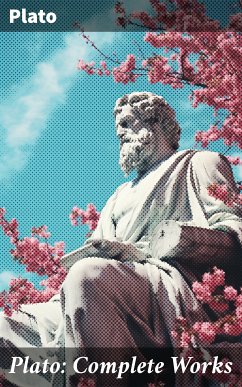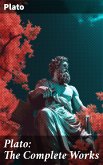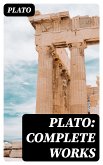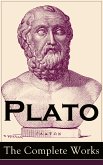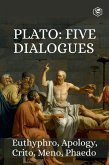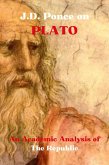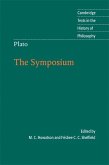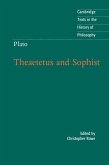In "Plato: Complete Works," readers are presented with a comprehensive anthology that encapsulates the breadth of Plato's philosophical discourse. This volume includes dialogues such as "The Republic," "Phaedrus," and "Symposium," showcasing his inventive use of Socratic method and dialectical form. The literary style blends dramatic narrative with rigorous philosophical inquiry, offering insights into ethics, politics, education, and metaphysics, all reflective of the tumultuous socio-political landscape of ancient Athens. Plato's works serve not only as foundational texts in Western philosophy but also as profound meditations on the nature of truth and the ideal society. Plato (c. 427-347 BCE) was a student of Socrates and a teacher of Aristotle, shaping the trajectory of Western thought. His unique historical context'Äîan Athenian citizen during the Peloponnesian War'Äîshaped his views on democracy and governance. Influenced by Socratic ideals and the quest for absolute truth, Plato endeavored to capture profound philosophical concepts through dialogue, allowing readers to engage critically with the material. "Plato: Complete Works" is essential for anyone wishing to grapple with the foundational ideas that continue to influence contemporary philosophy. This collection invites both scholars and casual readers to delve deep into the mind of one of history's greatest thinkers, fostering an appreciation for the complexities and implications of his work.
Dieser Download kann aus rechtlichen Gründen nur mit Rechnungsadresse in A, B, BG, CY, CZ, D, DK, EW, E, FIN, F, GR, H, IRL, I, LT, L, LR, M, NL, PL, P, R, S, SLO, SK ausgeliefert werden.

